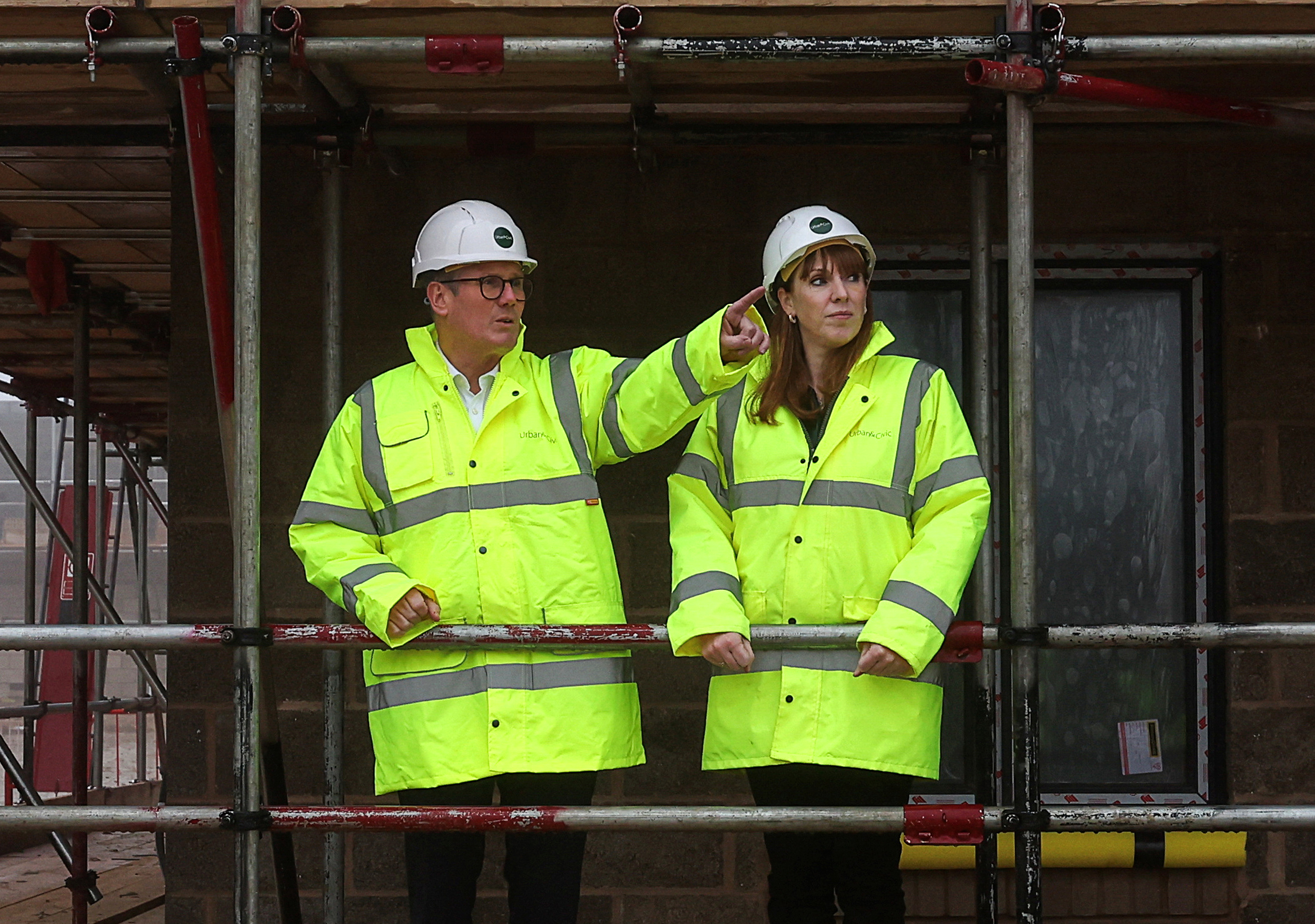By Peter A Walker
Copyright insider

Uncertainty is the one word Alistair McAlinden uses to describe the Scottish economy at the moment.
Interpath’s managing director and Scottish head reckons that while some of his peers in the insolvency and restructuring industry are more bearish, he remains balanced on the outlook.
“There are some amazing things going on in sectors like renewables, the circular economy, technology and life sciences – we’re really at the cutting edge – but there’s still a need for a greater level of investment.
“The raw ingredients are abundant, but many companies need the right support to overcome short-term challenges and scale successfully.”
As for those sectors having a tougher time, McAlinden says that many consumer facing firms are finding things difficult at the moment.
“Increases to National Insurance Contributions and the Real Living Wage are hammering them, as there’s only so far price rises can be passed onto consumers,” he explains. “Restaurants and bars are becoming unsustainable, particularly those in the ‘squeezed middle’ – those that aren’t luxury or budget, either with unique products that can command a premium, or the ability to price competitively.
“Energy prices continue to go up, there’s still plenty of red tape for business post-Brexit and the geopolitical outlook is unstable – it’s a hard time for retail and hospitality for instance.”
The latest figures from Accountant in Bankruptcy figures showed 95 company insolvencies registered in Scotland during August, down 7% on the same month last year. But the overarching trend this year has been on company collapses creeping up, amid high operating costs, low confidence and persistent inflation.
In just the last couple of months Interpath has managed the administration of retail chain Bodycare, which is shutting 32 shops and making 450 redundancies, the administration of quantum technology firm M Squared Lasers, with 28 staff made redundant, the administration of cyber security business Adarma and aquaculture company Aqualife Services.
Analysis of Companies House data by Interpath Advisory in the spring showed there were 14 administrations in Scotland during the first three months of the year, compared to 12 cases during the same period last year and 15 during the previous quarter.
At that stage, building and construction was the largest single sector in Scotland for administration cases, with five out of the 14.
Further analysis of official Gazette notices showed that corporate insolvencies in Scotland rose by 7.5% in the first half of 2025 compared to the corresponding period last year. Administration cases were up by more than a third and just under half were in hospitality and leisure or construction.
“On the ground, we’re seeing an uptick in early-stage restructuring enquiries as pressure builds, particularly for businesses where debt structures haven’t been addressed since the low-interest era,” said McAlinden. “Often, there are quality businesses out there that may experience financial distress after being left with too little fat on the bones to address issues that they may have taken confidently previously.
“There’s a patchwork of green and red lights when you look across the Scottish economy: on the one hand, areas like renewables and technology are seeing great growth opportunities, but in contrast, sectors such as retail, casual dining and construction – which have all been hit hard by persistent inflation – have been notably vulnerable to distress and failures.”
While some lenders are becoming more cautious in this economic environment, McAlinden says there are more sources of capital available than he’s ever seen in his career.
“Interestingly though, these sources can come from places that don’t have as much patience as traditional sectors – strings can be attached.
“Scotland has a lot of privately-owned businesses, so the phenomenon of giving personal guarantees can be dangerous,” he points out. “Capital is cautious because of general market uncertainty and if there’s been turmoil, there needs to be a credible turnaround plan.”
As for the future, McAlinden stated that uncertainty remains the theme of doing business at least for the rest of 2025 and into 2026.
“We have elections for the Scottish Government coming up, an Autumn Statement for the UK looming, which will likely cut public spending and increase taxes, and a global economic and political landscape that is now hardwired with volatility and change.
“Just powering through isn’t an option anymore, spotting warning signs and acting on them in good time is an absolute must to survive and thrive.
“But with change comes opportunity,” he noted. “Businesses that can be agile and proactive will find new ways to grow and innovate – whether it’s tapping into emerging markets, embracing digital transformation, or rethinking how we deliver value, there are real chances to grow and win in this environment for those ready to adapt.”
Interpath has now been going five years since it was spun out of KPMG and the focus is on continuing to diversify into a full-service capability practice.
“When we launched, we were pure-breed restructuring practice, but growth has been into advisory space, so now we can take on valuations, tax advisory, due diligence work; it’s much more balanced,” McAlinden explains.
“We want to keep on increasing geographic footprint too, we’re thrilled to be in France, Germany, Ireland, so we’re beginning to take a look at the other side of the Atlantic.
“In terms of service lines, we’re also open to anything value additive to clients and we want to keep on growing out the advisory side, exploring all the different restructuring tools we can use,” he adds.
Don’t miss the latest headlines with our twice-daily newsletter – sign up here for free.



